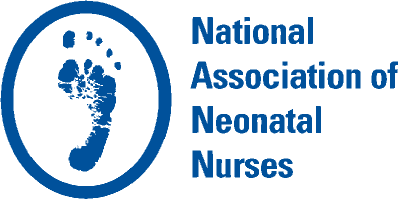Celebrate Nurses Month with our Pop-Up Shop!
In celebration of National Nurses Month, our Pop-Up Shop is open now through May 31!
Show your spirit with NANN and neonatal nurse-themed shirts, zip-ups, tumblers, and more.
Be sure to place your order before the shop closes!


